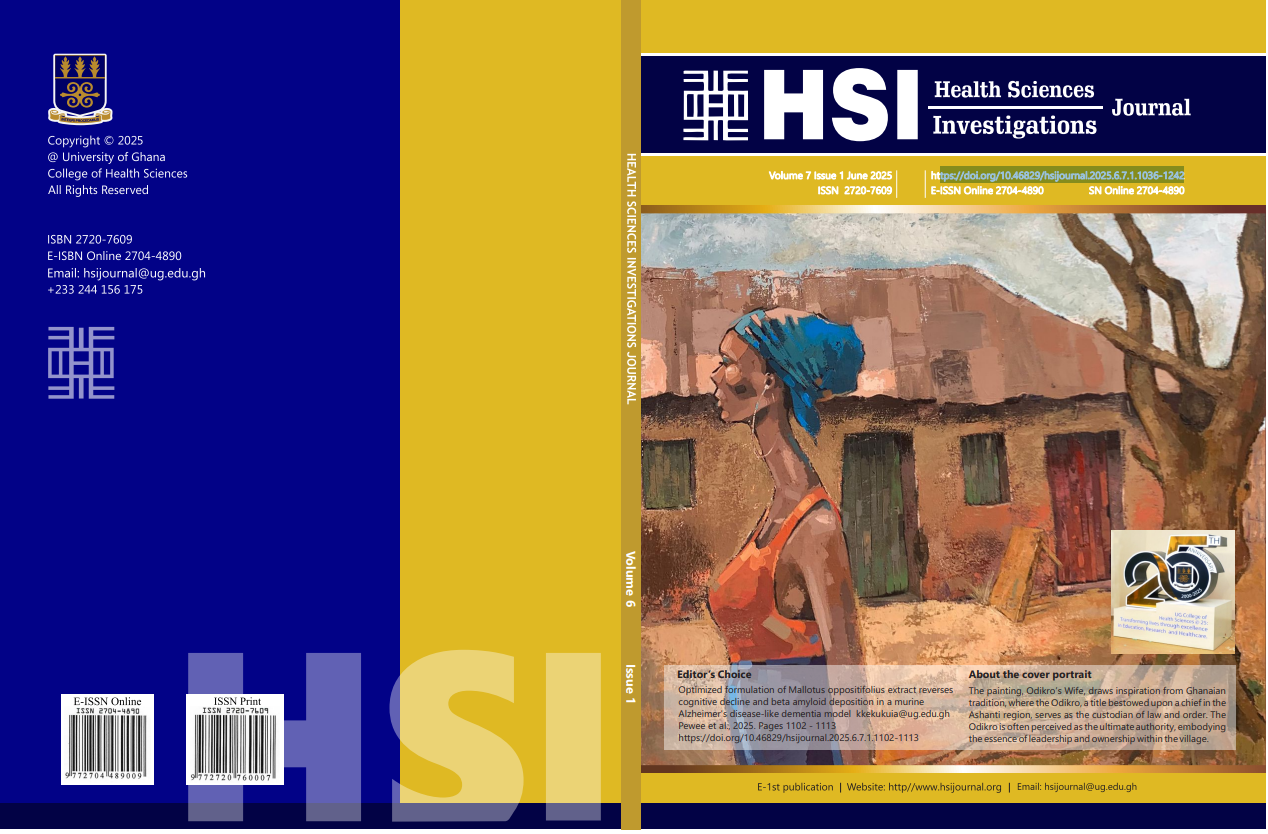When Knowledge Isn’t Enough — Rethinking Breast Cancer Screening Among Ghanaian Nurses
Abstract
The study by Nsaful et al. in this issue of the HSI Journal offers both a sobering and illuminating lens into the complex dynamics of breast cancer screening among health professionals. This reveals a dissonance that is as startling as it is instructive: while knowledge about breast cancer among female nurses in a Ghanaian tertiary hospital was found to be generally adequate, actual screening practices were inconsistent. Even more striking is the reported resistance to mastectomy, with 60% of the participants indicating that they would not accept this life-saving procedure if diagnosed.
This paradox speaks volumes about the nature of cancer care in low- and middle-income countries, not just the limitations of access or training, but also the deep psychosocial and cultural barriers that persist even among the most medically informed segments of the population.
Why does this matter?
Nurses are not just caregivers. In many African settings, they are the primary source of health education, particularly for women. If nurses are hesitant to engage in screening or reluctant to accept definitive treatment, the ripple effects on public health messaging and community behavior are significant. This undermines national screening goals and can contribute to Ghana’s high rate of late-stage breast cancer presentation, a problem that the study indirectly echoes.


